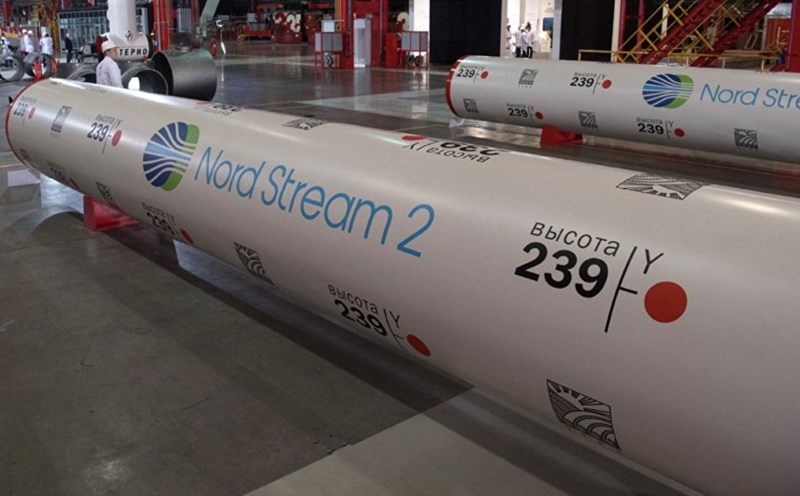After a series of Western automakers withdrew from Russia in 2022, many people predicted that the country's automobile industry would plummet. reality shows the opposite: Most of the abandoned factories have been restarted under the management of Russian investors and partners from friendly countries, with a commitment to boost localization of production.
Russian Industry and Trade Minister Anton Alikhanov said that in just a short time, Russia has saved almost all of its production capacity. These factories have not only resumed operations but have also achieved impressive growth. In 2024 alone, the output of cars at restarted facilities will reach more than 142,000 units.
In the whole industry, Russia will produce more than 967,000 cars in 2024, an increase of 15.3% compared to 2023 and 1.5 times higher than in 2022 - a time considered a "shock" when major companies such as Renault, Toyota, Nissan, Mercedes-Benz simultaneously left the market.
According to Mr. Alikhanov, Russia has built a strategy for the development of the automobile industry until 2035, aiming to achieve "technology ownership", forming an autonomous ecosystem of components, techniques and production processes, strong enough to withstand sanctions.
These targets will come after 2022, when the Russian auto industry is considered one of the most severely damaged sectors. But so far we have made a strong breakthrough, said Mr. Alikhanov.
Russia currently has more than 20 domestically produced sub-car brands, with about 50 models of all kinds - from sedan, crossover, SUV, pickup truck to hybrid and electric car.
Minister Alikhanov emphasized: The Russian automobile industry is not only associated with Avtovaz. We have diversified and are mastering the design from internal combustion engines, compressed air vehicles to electric cars.
The Russian government is committed to continuing to maintain a favorable investment environment for the auto industry. Meanwhile, the possibility of the Western "big guys" returning to Russia is still very uncertain.
First Deputy Prime Minister Denis Manturov had previously expressed skepticism about this prospect, saying that the market had entered a "new era" - where Russian vehicles and partners from friendly countries dominated.








